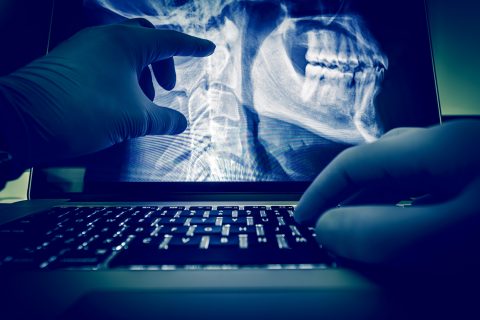We have developed innovative IT systems, streamlined our workflows and implemented a 7-day-a-week helpdesk, in order to provide our customers with the very best in routine subspecialist reporting services. These advanced working methods, together with our robust clinical governance framework, mean that we provide a 24-hour turnaround for all cross-sectional imaging reporting, and a 48-hour turnaround for all X-ray reporting. Our service is bespoke and flexible, allowing radiology department leads to augment their reporting capability efficiently and cost-effectively.
We deliver fast, high-quality reports to in-house radiologists, facilitating timely diagnoses and treatment of organ-specific problems.
Our offer
- A secure, automated end-to-end IT platform with integrated workflow management software for image retrieval, prior imaging, prior reporting, required clinical indications and direct reporting into client systems.
- A team of subspeciality radiologists able to assess, review and provide expert opinion on a wide range of imaging modalities including MRI, CT, X-ray, CT colonography, nuclear medicine and PET CT.
- 24-hour turnaround for all cross-sectional imaging reporting and 48-hour turnaround for all X-ray reporting.
- Flexible contractual agreements designed to meet the needs of NHS and independent healthcare radiology departments in both the short and medium term.
- Support to radiology departments struggling to meet reporting demand during staff absences and seasonal peaks, as well as changes to working practices – ie, 7 day working and extended hours.
- Backlog management.
- Reporting on complex cross-sectional imaging studies.
Modalities and sub-specialities covered
- Musculoskeletal
- Neuroradiology
- Hepatobillary radiology
- Gastrointestinal radiology
- Renal imaging
- Cardiothoracic radiology
- Male pelvis
- Female pelvis
- Nuclear medicine
- Paediatric imaging

